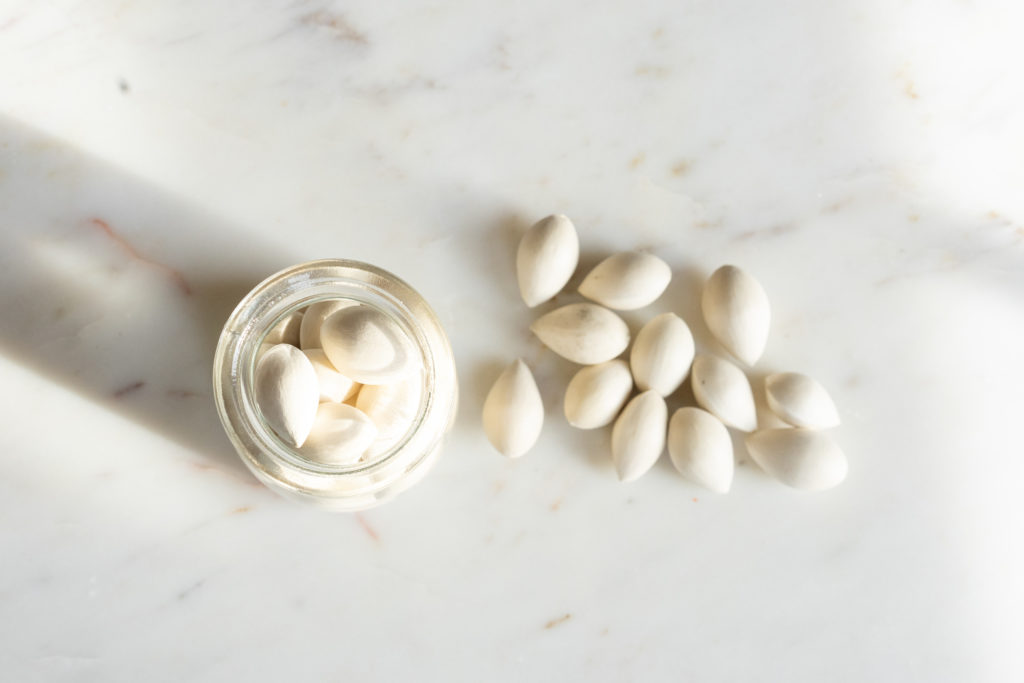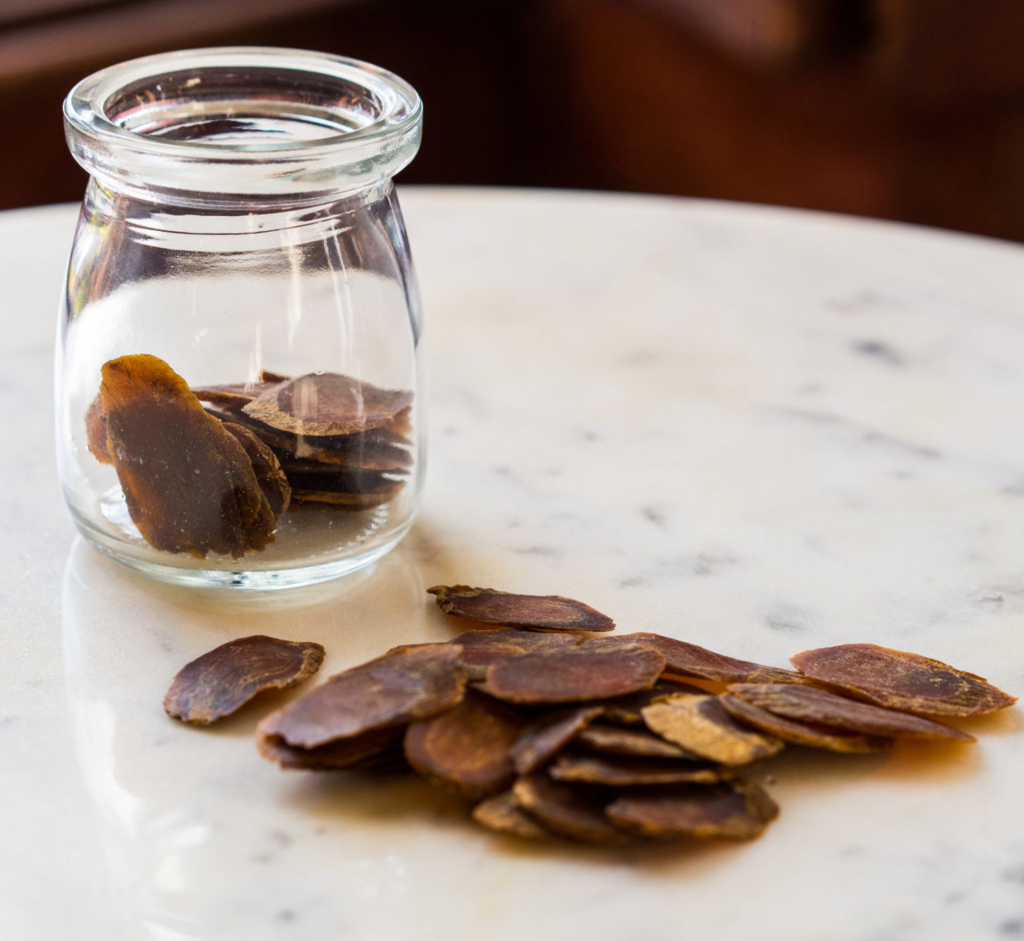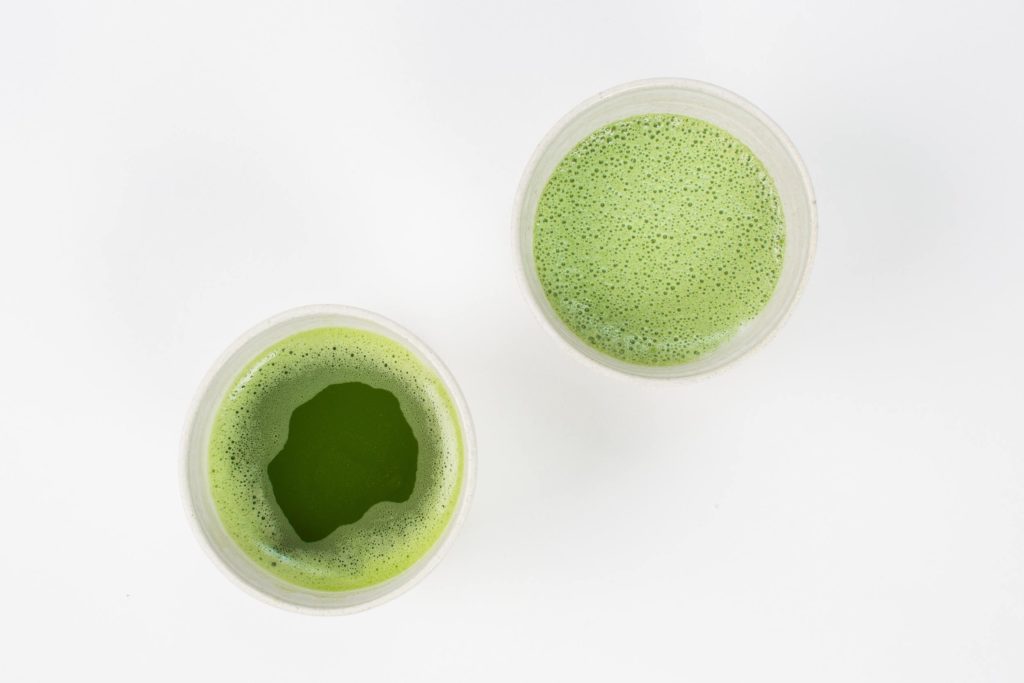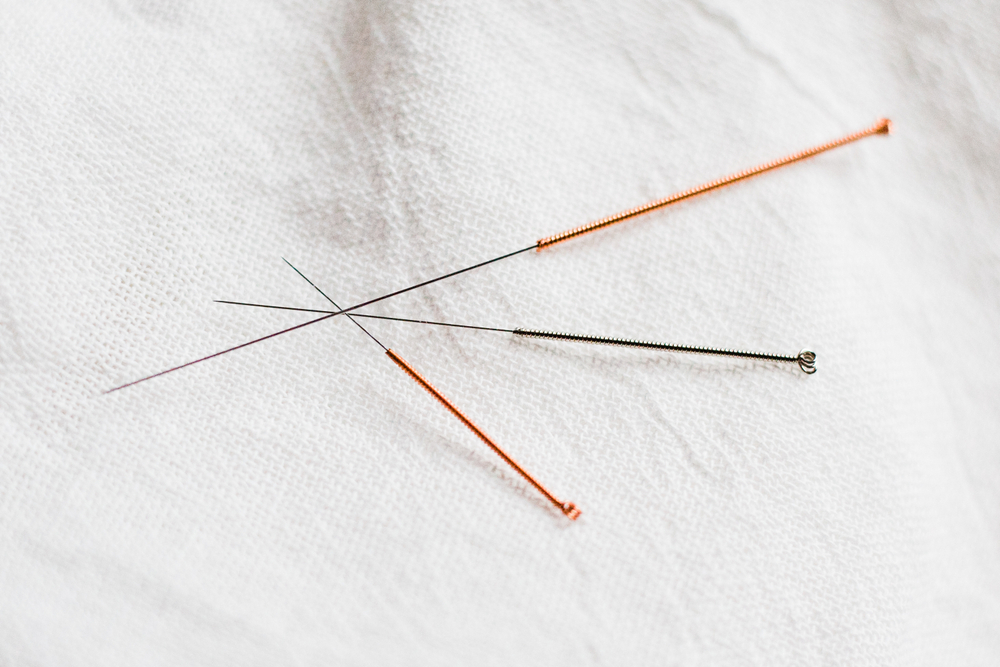CAN EASTERN MEDICINE PRACTICES HELP ME WITH MY MEMORY?
The Short Answer Is, Yes It Can

When was the last time you lost your train of thought during a meeting or couldn’t remember the name of the latest podcast you have been binge listening to? Is this type of memory lapse happening more and more often?
These little brain glitches can have us chuckling at ourselves, but they may have more far reaching consequences. You may find that you are being passed up for promotions at work or that your mind wanders during conversations with loved ones.
While this is certainly a natural part of the aging process, you don’t have to simply settle for slower cognition and a less sound memory. From incorporating new habits into your routine to supplementing your diet with certain herbs, many common practices of Eastern medicine and culture can help you preserve and restore your memory.
Try Herbal Support for Memory
There is still a lot we don’t know about the brain, but we do know that it operates best when it receives adequate sleep, blood flow and oxygen and is protected from stress. That is why specific herbs that increase blood flow and oxygen levels are especially helpful in supporting better memory.
Gingko Biloba
 Gingko biloba leaves have played a role in Eastern medicine since 2800 BC. Early on, the herb was used to treat phlegm, but in the last 40 years French and German research has fueled interest in the use of leaves for brain and circulatory disorders. Flavonoids, tri lactones and terpenes appear to be the most medicinal components, with the herb improving blood flow to the brain, which can translate into a sharper memory.
Gingko biloba leaves have played a role in Eastern medicine since 2800 BC. Early on, the herb was used to treat phlegm, but in the last 40 years French and German research has fueled interest in the use of leaves for brain and circulatory disorders. Flavonoids, tri lactones and terpenes appear to be the most medicinal components, with the herb improving blood flow to the brain, which can translate into a sharper memory.
Hawthorn
Not only are hawthorn berries delicious, they also offer a long list of health benefits. In addition to removing toxins and supporting heart health, the berries have been shown to strengthen blood vessels and nourish the Heart. Stronger, better blood vessels means a steady supply of blood to the brain.
Ginseng

In addition to giving your energy levels a boost, ginseng can stimulate the brain and increase mental activity. Ginseng has also been shown to decrease levels of the proteins that have been linked to Alzheimer’s. Simply regularly taking this supplement can protect your brain against degenerative diseases that directly affect memory.
Gotu Kola
If you haven’t heard of gotu kola, you probably aren’t alone, but this is one herb that you will want to get to know a little better. It is a part of the parsley family and it can enhance your memory, boost your mood and much more. Usually, it is taken in pill form as a supplement, as an infusion, and, in Thailand, as a fresh juice.
Green Tea
 Drinking green tea is a staple of Eastern cultures and for good reason. This traditional drink has long been associated with weight loss, but more recent studies have shown that the antioxidant properties can slow the progress of all sorts of chronic diseases, including dementia.
Drinking green tea is a staple of Eastern cultures and for good reason. This traditional drink has long been associated with weight loss, but more recent studies have shown that the antioxidant properties can slow the progress of all sorts of chronic diseases, including dementia.
Increase Physical Activity
The most natural way to improve blood flow and oxygen levels is through physical activity. That is one reason why Tai Chi is a popular Eastern practice and often recommended for its long list of health benefits. Tai Chi is especially effective because it incorporates mindfulness and focuses on breathing.
Tai Chi is considered a type of martial arts and has origins that date back all the way to 1670. It is also called shadow boxing and is rooted in the Chinese philosophy of Taoism, which emphasizes a need for balance between the physical and spiritual. This is where the concept of yin and yang comes from. Essentially, everything is made up of opposites that can be complimentary if kept in balance.
During Tai Chi, the body is constantly going through gentle motions and working to strengthen the mind – body connection. Regularly practicing Tai Chi can decrease stress, boost your mood, improve agility and endurance and help you protect and improve your memory. You don’t have to join a Crossfit box to enjoy the benefits of being physical.
Establish a Routine
 Something as simple as establishing a routine and creating healthy habits can improve your memory. As you repeat certain actions, new neural pathways are carved and completing certain tasks becomes almost rote. You will be able to remember what comes next and go through your day with a sense of familiarity. Here are a few habits that can be helpful to your memory and overall health:
Something as simple as establishing a routine and creating healthy habits can improve your memory. As you repeat certain actions, new neural pathways are carved and completing certain tasks becomes almost rote. You will be able to remember what comes next and go through your day with a sense of familiarity. Here are a few habits that can be helpful to your memory and overall health:
- Go to bed and wake up at the same time every day. Your body is ruled by circadian rhythms that tell your body when to wind down and go to sleep and when it is time to wake up. Spontaneous sleep patterns can disrupt these rhythms and prevent essential hormones from being released into the body. Having a regular bedtime is just as important as getting enough sleep.
- Have a designated place to store all the important things you will need for the day. For example, have a basket by the front door where you place your wallet, glasses, keys and phone.
- Take time before you go to bed to make a list of all the tasks you will need to complete the next day. This will improve your focus and help you be prepared.
Juggling work, kids, the chaos of the day-to-day grind can be challenging, but even little routine habits can bring order to your life and improve your memory.
Train Your Brain
 If you are used to religiously visiting the gym or hopping on your Peloton, you understand the benefits of training your body. It only makes sense then that you can apply the same principles to training your brain and making it more resilient. Here are few easy (and fun) ways that you can enhance your cognitive abilities.
If you are used to religiously visiting the gym or hopping on your Peloton, you understand the benefits of training your body. It only makes sense then that you can apply the same principles to training your brain and making it more resilient. Here are few easy (and fun) ways that you can enhance your cognitive abilities.
- Crossword puzzles. Research shows that doing a daily crossword puzzle can improve cognition and delay the onset of Alzheimer’s.
- Jigsaw puzzles. If it has been a while since you did a jigsaw puzzle, it may be time to dig deep into the closet and dust off those old puzzle boxes. It is a fun way to fight cognitive decline.
- Playing cards. That’s right, you may be able to justify a regular poker night by using it to train your brain.
- Play or listen to music. Pop in your ear buds and jam out to your favorite music. If you know how to play an instrument, make it a point to play it more often. Learning a new instrument has the added cognitive benefit that comes with acquiring a new skill.
Practice Meditation
 At this point, we all know that meditation benefits the mind and body, but many of us still have yet to make it a daily practice. It can be tough to sit still and try to quiet your thoughts even for a few minutes. However it is worth powering through some discomfort.
At this point, we all know that meditation benefits the mind and body, but many of us still have yet to make it a daily practice. It can be tough to sit still and try to quiet your thoughts even for a few minutes. However it is worth powering through some discomfort.
Meditation has been shown to increase gray matter and the volume of the hippocampus, which is the area of the brain associated with memory. With regular meditation, your brain will actually grow. Mindfulness is also a great way to practice focusing on the present, which can help you learn new things and form new synapses and neural pathways. Perhaps best of all, it is free, you can practice it anywhere.
While experts may recommend that you sit cross legged or in a chair with your feet planted on the ground, these different postures are simply meant to help get you in the right headspace. There is no wrong way to approach meditation, so don’t be afraid to lock yourself in the bathroom, use some of the fancy bath salts that have been sitting in your cabinet and take a moment to clear your mind.
If you are still finding it difficult to meditate, consider using an app that can provide you with guided meditation. Insight Timer, Smiling Mind, Stop, Breathe & Think are all free apps that can help you make meditation a part of your health regimen.
Incorporate Yoga into Your Routine
Yoga may just be the ultimate memory boosting activity. It combines aspects of meditation, mindfulness, breathing and exercise into one powerful punch that engages all areas of the brain. In fact, in one study that included female participants with mild cognitive problems, just 12 weeks of practicing yoga resulted in increased gray matter in the prefrontal, superior parietal, somatosensory, visual cortex and hippocampus. Both your body and your mind can get in better shape.
If you aren’t ready to head to the yoga studio, there are plenty of free and low-cost resources that can help you practice yoga at home. From instructional YouTube videos to phone apps, you can learn the basics. While it might look easy, yoga is a demanding form of exercise, which is also exactly why it offers so many quantifiable benefits. You will push your body, improve your mind and find yourself sweating in no time.
Make an Acupuncture Appointment
 Acupuncture is another practice that originated in China. It works by stimulating certain pressure points throughout the body, which triggers the central nervous system and signals it to release various natural chemicals and hormones into the body.
Acupuncture is another practice that originated in China. It works by stimulating certain pressure points throughout the body, which triggers the central nervous system and signals it to release various natural chemicals and hormones into the body.
Pericardium 6 or point P6 is located on the forearm just above the wrist and is thought to help calm the mind. Stimulating this point with a thin acupuncture needle helps to relieve anxiety and stress, which both have a negative impact on memory. The Kidney 3 point, which can be found on the inner ankle, has also been shown to improve memory among those with cognitive impairment.
The benefits of acupuncture on the brain can actually be tested and observed through MRIs. This staple of Eastern medicine, which has been in practice since 100 BC provides measurable improvements to brain function and memory.
Eastern medicine and practices have a lot to teach us when it comes to strengthening the mind, body spirit connection and improving memory. If you are worried about declining cognitive abilities and want to fight the effects of aging on the brain, the tools and practices discussed above can help. The evidence supporting these techniques goes beyond anecdotal. Researchers have been able to measure increases in gray matter volume, especially in the hippocampus, as a result of implementing these practices. Start small and try just one new practice. In just a few weeks, you can notice the results.
Newer
3 East Asian Herbs You Already Have In Your Pantry (And 3 You Need To Get ASAP)
Older
What To Know About Arthritis and TCM: Symptoms, Diagnoses, and Treatments
Comments (0)
Leave a reply
You must be logged in to post a comment.




